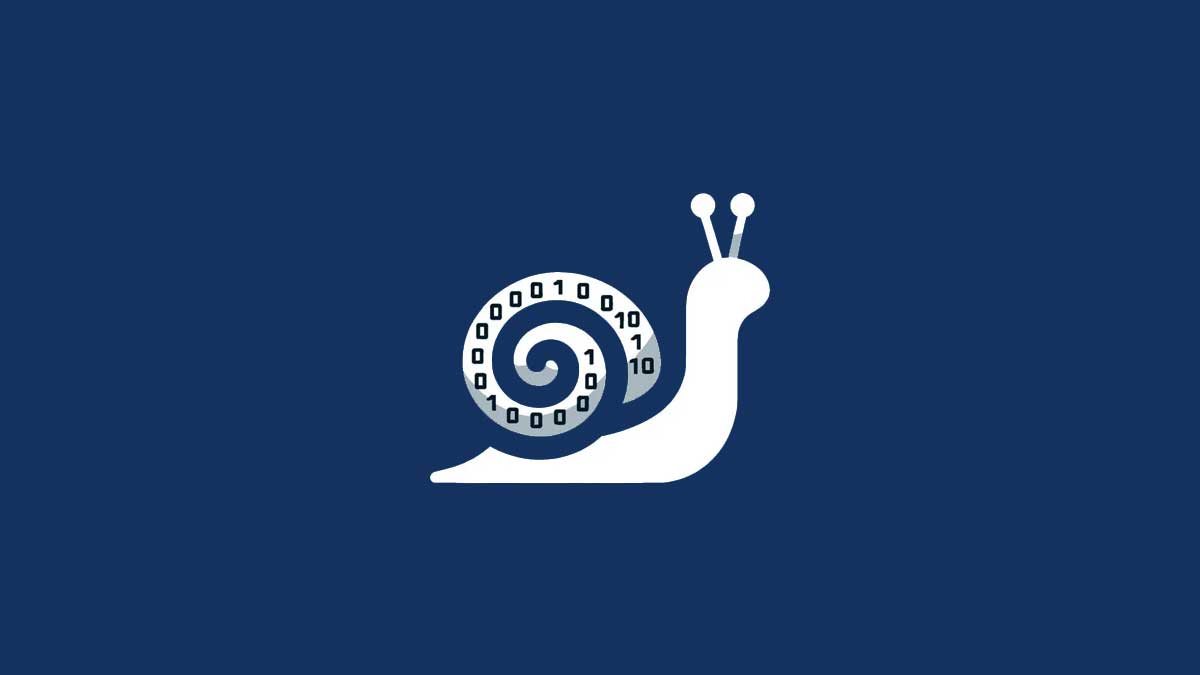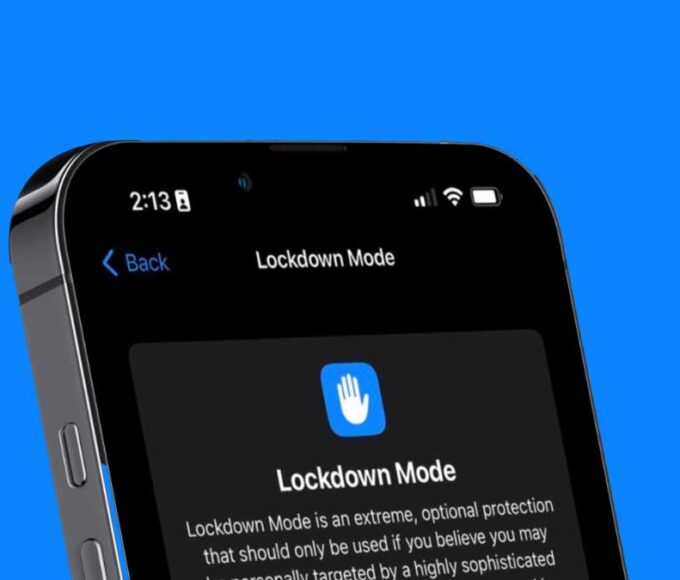- Home
- Billionaires
- Investing Newsletters
- 193CC 1000
- Article Layout 2
- Article Layout 3
- Article Layout 4
- Article Layout 5
- Article Layout 6
- Article Layout 7
- Article Layout 8
- Article Layout 9
- Article Layout 10
- Article Layout 11
- Article Layout 12
- Article Layout 13
- Article Layout 14
- Article Sidebar
- Post Format
- pages
- Archive Layouts
- Post Gallery
- Post Video Background
- Post Review
- Sponsored Post
- Leadership
- Business
- Money
- Small Business
- Innovation
- Shop
Recent Posts
SnailLoad Tracks Online Activity via Slow Internet Connections

Researchers from Graz University of Technology have unveiled a new privacy threat dubbed SnailLoad, revealing a method that allows spying on users, devices, and internet connections. Unlike traditional malware or network eavesdropping, SnailLoad exploits subtle variations in network packet round-trip times to discern user activity without direct observation or proximity to the victim’s device.
This technique, detailed in the paper ‘SnailLoad: Exploiting Remote Network Latency Measurements without JavaScript’ by Stefan Gast, Roland Czerny, Jonas Juffinger, Fabian Rauscher, Simone Franza, and Daniel Gruss, achieves up to a 98% success rate in identifying the videos users watch, albeit with a 63% success rate for websites visited. The attack works by inducing bandwidth bottlenecks near the target device, influencing latency patterns that betray user actions.
To implement SnailLoad, attackers prompt the user to download innocuous files, such as adverts or images, via deliberately slowed connections. This ‘snail’s pace’ download serves as a mechanism to monitor latency changes, thereby deducing the user’s online activities. The method’s passive and remote nature makes detection challenging, with no straightforward mitigation other than degrading internet speeds with ‘noise,’ which is impractical for most users.
While currently confined to controlled research environments, SnailLoad poses significant implications for internet privacy. Despite its lab origins and the limited scope of its current impact, security experts caution that similar covert methods could already be in clandestine use, underscoring the need for ongoing research and robust defensive measures.
Boris Cipot, a senior security engineer at Synopsys Software Integrity Group, highlights the broad spectrum of potential attack vectors highlighted by SnailLoad, stressing the need for vigilance among security personnel tasked with safeguarding user devices. The research community acknowledges the evolving nature of such threats, advocating for proactive defenses to counteract emerging privacy vulnerabilities.
Recent Posts
Categories
- 193 Countries Consortium Partner1
- 193cc Digital Assets2
- 5G1
- Aerospace & Defense48
- AI37
- Arts3
- Banking & Insurance11
- Big Data3
- Billionaires1,467
- Boats & Planes1
- Business332
- Careers13
- Cars & Bikes79
- CEO Network1
- CFO Network17
- CHRO Network1
- CIO Network1
- Cloud10
- CMO Network18
- Commercial Real Estate7
- Consultant1
- Consumer Tech194
- CxO1
- Cybersecurity73
- Dining1
- Diversity, Equity & Inclusion4
- Education7
- Energy8
- Enterprise Tech29
- Events11
- Fintech1
- Food & Drink2
- Franchises1
- Freelance1
- Future Of Work2
- Games149
- GIG1
- Healthcare79
- Hollywood & Entertainment203
- Houses1
- India’s 1000 Richest1
- Innovation46
- Investing2
- Investing Newsletters4
- Leadership65
- Lifestyle11
- Manufacturing1
- Markets20
- Media327
- Mobile phone1
- Money13
- Personal Finance2
- Policy569
- Real Estate1
- Research6
- Retail1
- Retirement1
- Small Business1
- SportsMoney42
- Style & Beauty1
- Success Income1
- Taxes2
- Travel10
- Uncategorized14
- Vices1
- Watches & Jewelry2
- world's billionaires1,436
- Worlds Richest Self-Made Women2
Related Articles
Android & iPhone Users Urged to Run Security Checks
With the rise of cyber threats targeting both Android and iPhone users,...
By 193cc Agency CouncilJanuary 1, 2025Apple Warns: Avoid Lockdown Mode on iPhone
Apple’s latest security alert for iPhone users raises important concerns about the...
By 193cc Agency CouncilDecember 31, 2024750 Million Android Users Face Urgent Security Risks
Google has made significant strides in improving Android’s security ecosystem, aiming to...
By 193cc Agency CouncilDecember 31, 2024Surge in Paper Werewolf Cyberattacks on Russian Targets
A troubling rise in espionage-driven attacks using Microsoft Windows Word documents has...
By 193cc Agency CouncilDecember 30, 2024















Leave a comment